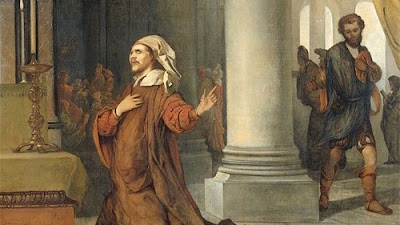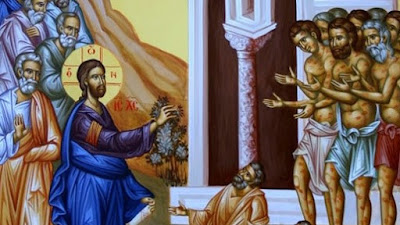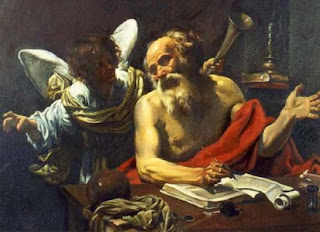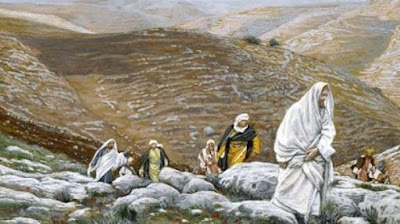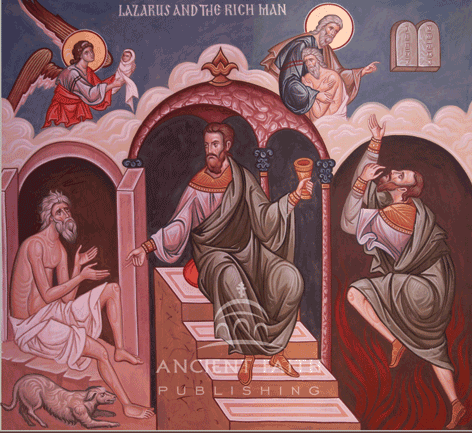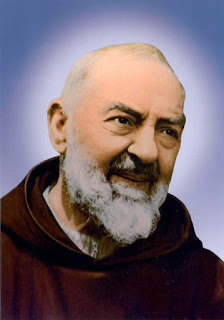Homily for the 31st Sunday in Ordinary Time, November 3, 2019, Year C
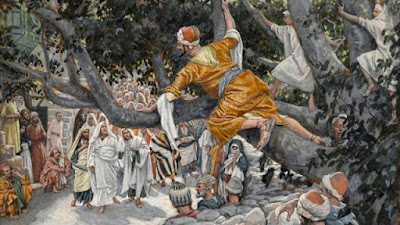
Fr. Charles Irvin Senior Priest Diocese of Lansing ( Click here for today’s readings ) The basic message of today’s gospel account is that Jesus went into Zacchaeus’ house and Zacchaeus ended up going into God’s house. The message in all three of today’s scripture readings is all about receiving God’s life-changing love, about receiving and accepting the presence, power, and love of God, which is why He has invited us here today into His house. Let’s take a deeper look into what I am talking about. Last week we heard Jesus telling us of the tax collector sitting in the back of the Temple and the self-congratulating Pharisee sitting up in the front. You remember them, I’m sure. The Pharisee was in the front of the Temple justifying himself and claiming to be better than the tax collector who was huddled in the back of the Temple asking only for God’s mercy. Today we have another tax collector, a chief tax collector named Zacchaeus, whom Jesus encountered in real life. No
